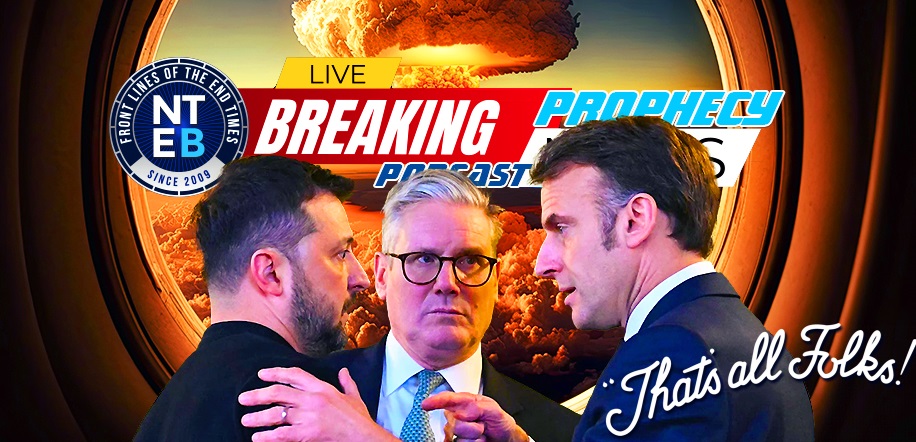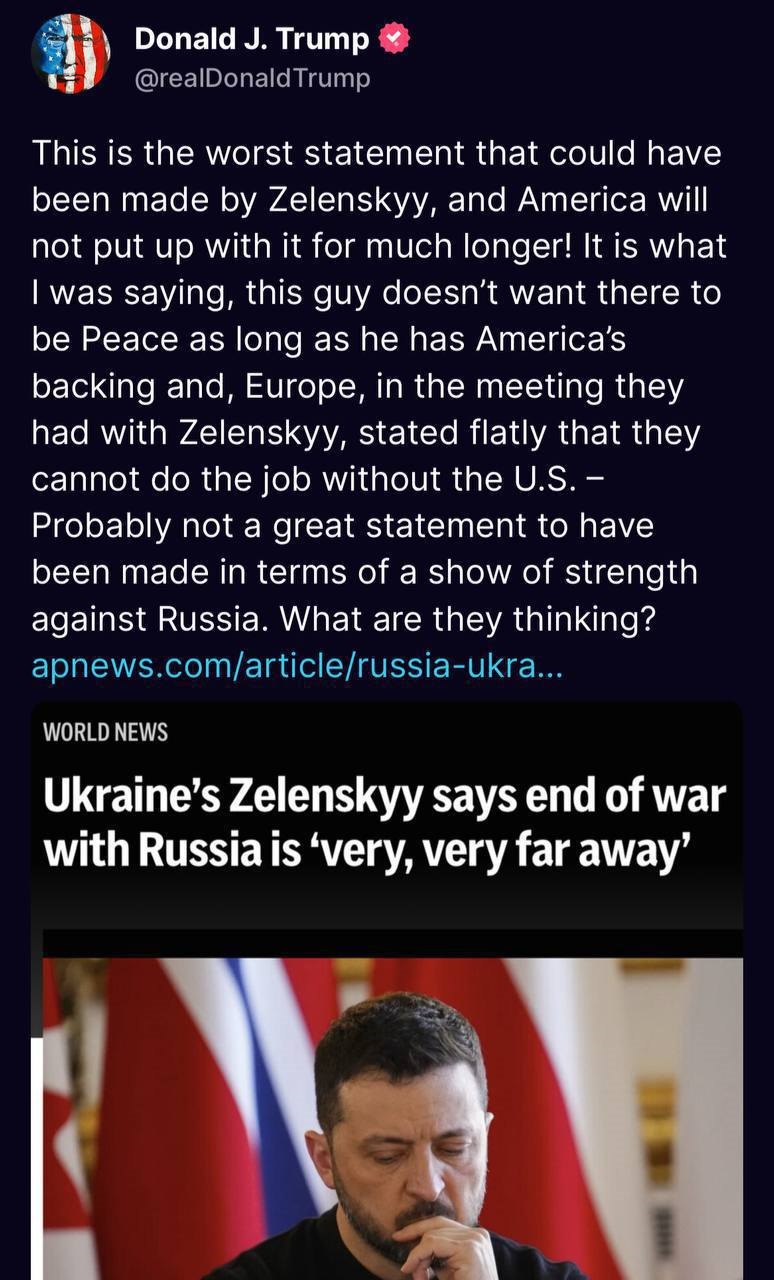
The Oval Office blow up between Zelenskiy and Trump laid bare for many Europeans that something critical has broken in their relationship with Washington, notes Bloomberg.
European leaders are confronting their worst-case scenario: maybe they really are going to be dealing with a bellicose Russia alone.
In interviews with Bloomberg, more than half a dozen officials who’ve maintained their composure through wars and financial crises reacted with visceral anger. For them, the scene showed the trust and values that have bound Europe and the US together since the end of World War II are no longer shared.
“President Trump and his administration raised a more fundamental challenge to the transatlantic alliance than it has faced in many decades,” said Graham Allison, a professor of government at Harvard University, who studied with Henry Kissinger and served in both the Clinton and Reagan administrations.
French President Emmanuel Macron, UK Prime Minister Keir Starmer and European Commission President Ursula von der Leyen have all described this moment as a generational challenge for the continent.
The transatlantic relationship, and the US’s broader network of alliances, was arguably unique in the post-war world because common values and trust allowed nations to share secrets and rely on each other at critical moments. The foundations of that relationship were laid down during World War II and deepened when eastern European nations were welcomed into NATO and the EU after the fall of the iron curtain.
It’s that history that makes the current crisis so painful.
After Friday’s quarrel in the Oval Office, EU leaders lined up to voice their support for Zelenskiy and make clear whose side they were on. Trump is putting the Europeans into a position where they have to choose between the US and Ukraine, several officials said, and most, if not all, will pick Ukraine. For Europe, it is existential.
Going it alone would pose an unprecedented challenge to European nations, but it will also likely be damaging to US prosperity and security too.
The trading relationship between the US and the EU is the most important in the world, reaching €1.6 trillion in 2023, according to the European Commission, while EU and US firms have €5.3 trillion worth of investment in each other’s markets. The European Commission is already preparing lists of goods to target if Trump follows through with his threat to impose tariffs on EU exports.
Beyond that, the alliance between Europe and the US — and by extension much of America’s global power — lasted so long because it was based on trust and the fact allies chose to buy into it. Allies were in a pact that was essentially voluntary and Trump has broken the trust that underpinned it.
Now the EU is working to strengthen ties with like-minded nations such as Canada that have also been targeted by Trump and will seek new trade relations with countries in Asia and Latin America. The bloc could also be less willing to work with the US on China and elsewhere in the far east. Many of America’s other allies will be wondering if they could be next.
The crisis with the US has also drawn the UK closer to the EU again, after years of bitterness over Brexit. On Tuesday, the British prime minister said the shifting geopolitical landscape means a “new alliance” between the UK and Europe will be necessary.
Starmer has been in close contact with other European leaders to coordinate their approach on Trump and Ukraine, as well as strengthening the continent’s broader security architecture.
To do that, EU nations should be increasing defense budgets to at least 3% of GDP as soon as next year, a senior European government official told Bloomberg. In extreme scenarios that may have to go as high as 7%, they added.
In the short term, there are holes in Europe’s capabilities that are plugged by the US. And even if they can muster the funds and the manufacturing capacity to supply Ukraine, US capacity in areas such as intelligence, space and battlefield communications would be difficult if not impossible to replicate if Trump shuts down all support.

read more in our Telegram-channel https://t.me/The_International_Affairs

 9:49 08.03.2025 •
9:49 08.03.2025 •






















